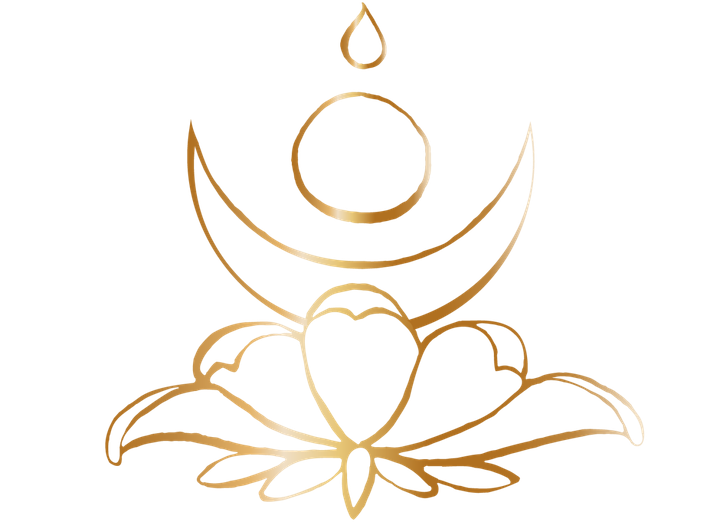
COMPLEXITY | SELF EXPLORATION
Practices and contemplations to open to complexity
1. To open to complexity and recognize our nature as the universe, we can only access it through a non-conceptual experience. No matter how much intellectual understanding we have, we need to embody and come to reality through beingness and the natural arising of bliss. To begin we train the mind to be present and receive reality.
Refining our attention gives us control on where our mind goes and also to know what we are thinking, including what thoughts are reducing arousal and connection. By training our mind, we can choose mentally if we open and remain in the fresh emerging experience of awe and sensation, or if we divide, retract, tense, into past thoughts or notions that bring us out of life and unity.
I recommend a minimum of 10 minutes daily and here are two 20 minute meditations. It is ideal to meditate first thing in the morning to begin your day from your true nature. Also it ensures you meditate! Yet if that is not possible, choose a time that you can stick with. It will take a few weeks to fall into a rhythm and to find a natural devotion to it. Then meditation will be as important as drinking water. Your being will be thirsty for it daily.
AUDIO MEDITATIONS: Ocean of Awareness
meditation one:
meditation two:
Do you know how to rest your mind? If you don’t know how to rest your mind Without thoughts jumping all around Let your mind rest uncontrived Rest with a child’s independence Rest like an ocean free of waves Rest with a candle flame’s clarity Rest like a corpse, without arrogance Rest like a mountain, so still There simply is no name for what mind is really like -Khenpo Tsultrim Gyamtso
2. Do you find yourself trying to nail down your situation, make it certain and solid?
If so, in which ways are you doing that this week? What stories do you tell about yourself or your relationships to give you a feeling of certainty?
How does it positively impact you?
Which ways does it limit you?
Which ways does it limit your relationship?
3. What kinds of change do you find most challenging or fear provoking? (aging, losing someone, saying goodbye to someone even on the phone, loss of possessions or wealth, change of work, health or living situation are some examples)
4. Do you notice places where small issues get blown up on a regular basis and create more tension?
5. Do you find yourself extreme about your relationship, either numbed out or obsessed? If so, when are the moments you move to the extreme? What triggers attaching or numbing out, disassociating?
5. Notice where you want to shut down yourself in some way this week. Areas you feel are too much, scary, overwhelming, anxiety provoking, stressful, tiresome. Situations, people, places where you get activated and reactive. Anything that heightens you to fight or run away.
This includes noticing where you want to close off your heart.
